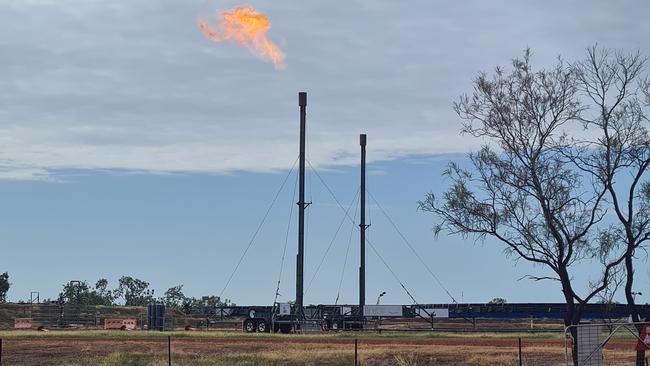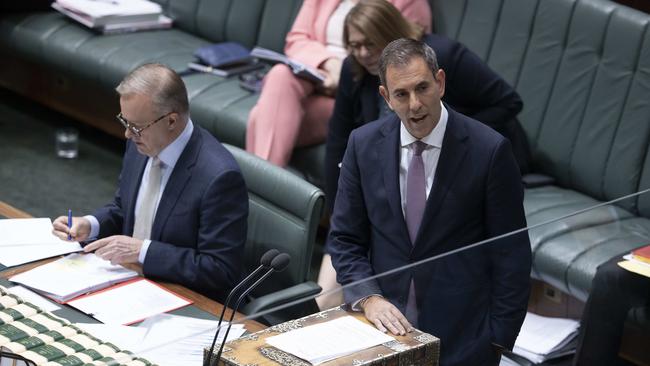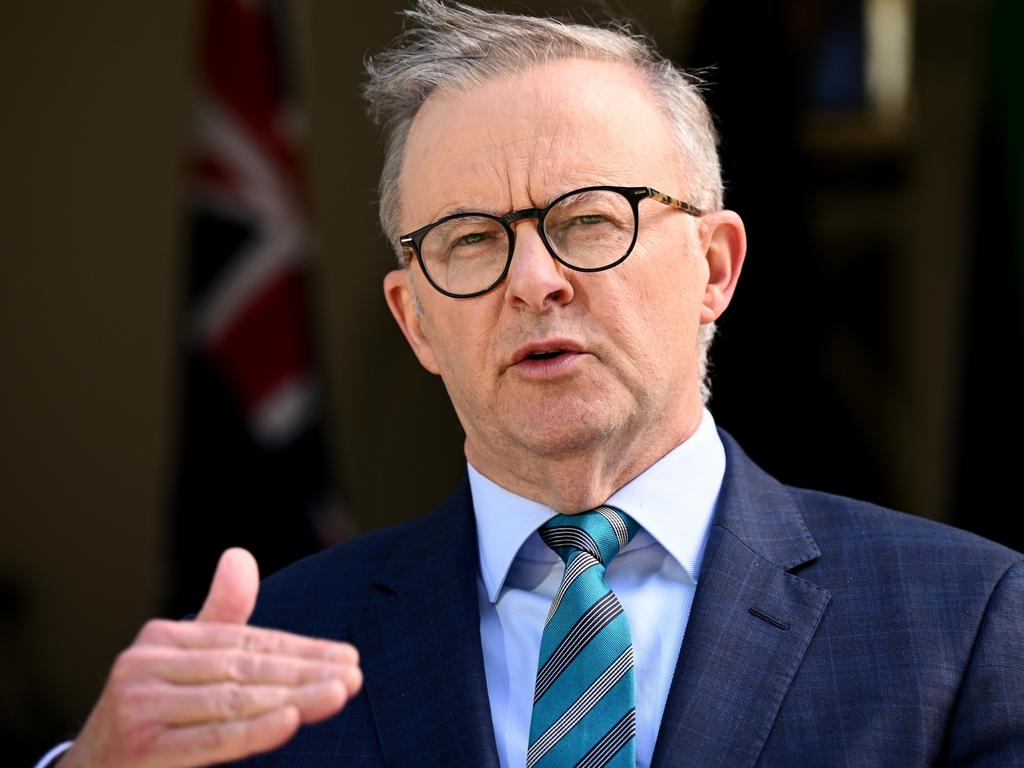
Compounding the disregard for good policy process, there was no sign of a regulation impact statement assessing the proposed legislation’s consequences, or even of a ministerial exemption from the statutory requirement for a RIS to be issued.
But if any legislation merits serious scrutiny, rather than being rushed through parliament, it is this one, whose effects will weigh on Australia’s economy for decades to come.
There are, to begin with, glaring inconsistencies between the legislation and the claims that have been made in its defence.
Thus, the government repeatedly promised that the legislation would set gas prices that are “reasonable”, including in terms of “maintaining a reasonable return for suppliers and maintaining incentives for investment”.
The reality, however, is that there is absolutely nothing in the legislation that requires the regulated prices to meet those conditions. On the contrary, the legislation specifically grants the government, acting directly or through the Australian Competition & Consumer Commission, an unfettered discretion to set any gas price it chooses.
It is true that the relevant provisions permit the government to impose rules that “require a price to be reasonable”; but it is equally clear that it is under no obligation to do so, and may determine a price that ignores costs and rates of return.
The powers the legislation grants the government over gas supplies are no less sweeping. The emergency provisions give it the right to commandeer currently uncontracted supplies; additionally, the government can, through a mandatory code of conduct, set the terms not only of future domestic contracts but also, by requiring variations, of all the domestic contracts that are currently in place.
And here, too, nothing in the legislation prevents those powers from being exercised in ways that are manifestly inconsistent with “maintaining a reasonable return for suppliers and maintaining incentives for investment”.

All that creates enormous risk of regulatory error, yet the legislation makes no provision for decisions to be subject to review on their merits. Suppliers can, of course, challenge procedurally flawed decisions on administrative law grounds; but so long as proper procedures have been followed, the only means of redress the legislation envisages is for parties to complain to the minister or the ACCC.
Aggrieved suppliers may, in other words, complain to the decision-maker about the decisions it has taken – putting the decision-maker in the enviable position of being defendant, judge and jury.
Meanwhile, failures to comply with orders made under the legislation will trigger draconian penalties, regardless of whether those orders are or are not substantively reasonable.
To make things worse, the test for a breach is not whether there was, as a matter of fact, an intention by a supplier to contravene the provisions; rather, all that needs to be established is the inherently subjective proposition that it would be reasonable – that is, not unreasonable – to infer such an intention from the impugned conduct.
Last but not least, none of these powers is temporary, despite the government’s assurances to the contrary. While emergency orders are time-limited, there are no restrictions on their renewal.
As for the mandatory code of conduct, the explanatory material states that it is “expected to remain as long as required, and until the ACCC advises the government that domestic gas prices are reflective of the underlying costs of production and that there is sufficient supply at these prices”.
Since the legislation does not allow the gas producers to seek, from a court or an independent tribunal, a declaration that those conditions are objectively met, it will be up to the ACCC – which, in nearly 30 years of regulating prices, has never recommended the deregulation of any substantive activity it controls – to determine whether it gives up powers that boost its funding, influence and prestige.
In each and every one of those respects, the legislation is starkly at odds with the Hilmer Review of National Competition Policy, whose recommendations have shaped regulatory policy since the Hawke-Keating years.
Noting that price controls had all too often distorted resource allocation, undermined investment incentives and slowed productivity growth, the review insisted that any regulatory legislation include provisions explicitly protecting “the legitimate interests of those who have invested in the facility that is to be regulated”.
It also specifically rejected the view that “a broad discretion (over pricing) should be granted to an independent regulator”, instead requiring that clear pricing principles be set out in the regulation’s enabling legislation, so that all market participants would have “a degree of certainty” about regulated outcomes.
And it argued that the risks and costs of regulatory failure were – and had repeatedly been shown to be – so high that regulatory decisions should be subject to full review on the merits, by the Australian Competition Tribunal at first instance and by the Federal Court on appeal.
There has, for sure, been considerable backsliding from those recommendations in recent years. This is, however, the first time they have been comprehensively flouted, without even the pretence of lip service to their enduring value.
The legislation is therefore one more step in the process by which Australian governments have gained ever greater discretionary powers over our economic and social life, be it by pointing to emergencies or by agitating the spectre of threats that could have dire consequences.

Some of those powers may be warranted; none, however, should come without credible safeguards attached. It is the complete absence of those safeguards – which could readily have been built into the legislation without undermining its effectiveness – that makes this legislation repugnant.
Unfortunately, there is no reason to believe it will end there; it never does. There is always another emergency to deal with, another crisis that could be overcome if only government had powers it covets. And there is always another group that stands to benefit if someone else’s rights are trampled upon.
Pleading the need to cope with the oil shock, Gough Whitlam attempted in 1973 to establish, by constitutional amendment, the commonwealth’s right to control virtually all prices. Voters overwhelmingly rejected that attempt; now, having established this precedent, we may get there by stealth.
Whether that happens remains to be seen. This much, however, is certain: the psalmist’s warning, “put not your trust in princes”, remains every bit as relevant today as it was when the electorate knocked back Whitlam’s grab for power. If parliament understood that, Australia would be a better, safer and more prosperous place.








Late last Friday, Treasury, setting what may well be a new record, gave interested parties all of two working days to comment on a 54-page draft bill that threatens to up-end gas industry investments worth billions of dollars.